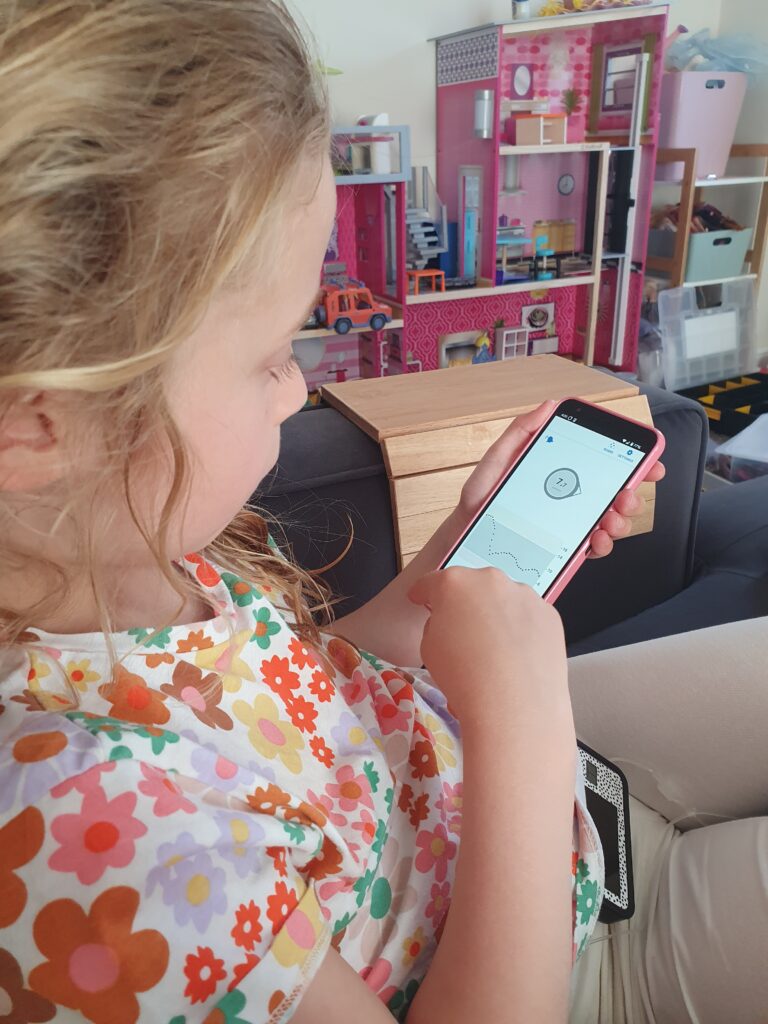Gateshead Health is playing a key role in a joint project to support children, young people and their families to make the most of innovative new technologies for diabetes care.

New technologies have been proven to improve the health and quality of life outcomes of children and young people living with diabetes; however, as technology increasingly needs patients to have access to smartphones and laptops, this can be a barrier to people in more deprived communities.
Patients often need compatible mobile phones and laptops to use new insulin pumps and continuous glucose monitors efficiently and effectively. In the North East and North Cumbria (NENC) area, there are high levels of deprivation, with 34 per cent of children and young people reportedly living in poverty across the region and 49 per cent of children and young people with diabetes living in the most and second most deprived groups.
Chloe Dickinson, Project Manager at Investing in Children said: “We have heard from families for a long time about the challenges of affording compatible phones or laptops to be able to effectively use the diabetes devices available to them. We hope that this project helps to provide more equal access to diabetes technology across the region.”
The project has created a true collaboration of services with equipment being donated from Gateshead Health, project management from the Children and Young People’s NENC Diabetes Network leadership team and the voluntary and community sector partners Investing in Children and Town and Community. Vodafone has supported by supplying sim cards for the phones that are donated to families. This supports the work of paediatric diabetes healthcare professionals.
Dr Judith Reid, Associate Specialist, Gateshead Health NHS Foundation Trust added: “Being able to download diabetes digital devices at home enables children and young people and their families/carers to download before clinic and between clinic. This allows for timely remote individualised advice to be given when required between clinics.
“As a result, more than 400 families across the North East and North Cumbria can be supported to access diabetes technology. We will track the children and young people’s health outcomes over the long term and review improvements in quality of life.”
How it works
- Phones/laptops are securely wiped and repurposed before being given to the Type 1 Kidz team at Investing in Children
- Healthcare professionals refer a family to T1 Kidz using a simple online form
- The T1 Kidz team matches a phone/laptop to the needs of the family based on the diabetes device they require or the increased functionality they need for a current device
- The phone/laptop is delivered to the family within three weeks, in person or by courier if they are confident in self-set up
- The family then attends clinic appointments/diabetes devices starting with the phone/laptop which is now theirs to keep.
Feedback from families has also been positive with one family commenting, “When she goes low or high on a nighttime, because this causes us to get up correct her or sort her lows and can wake her up. You’re up most of the night which causes stress and worry […].
“Having the phones from you is so much better as we can see 24/7 what her glucose is and an alarm goes off when she goes too low or high which is brilliant for us to keep her safer. When she’s at nursery we can see from the other phone we got off you that they are dealing with her diabetes as well as is keeping an eye on the graph. It makes life for our child and us the parents a lot easier.”

This project was also the winner of the ‘Equality, Diversity and Health Equalities’ category at the 2023 Quality in Care (QiC) Diabetes Awards that were held on Thursday 12 October.
The award recognises initiatives for people with diabetes and their families and/or carers that illustrate one or more of the eight urgent actions required to tackle health inequalities. These have been identified by the NHS national advisory group of leaders from within and beyond the NHS.